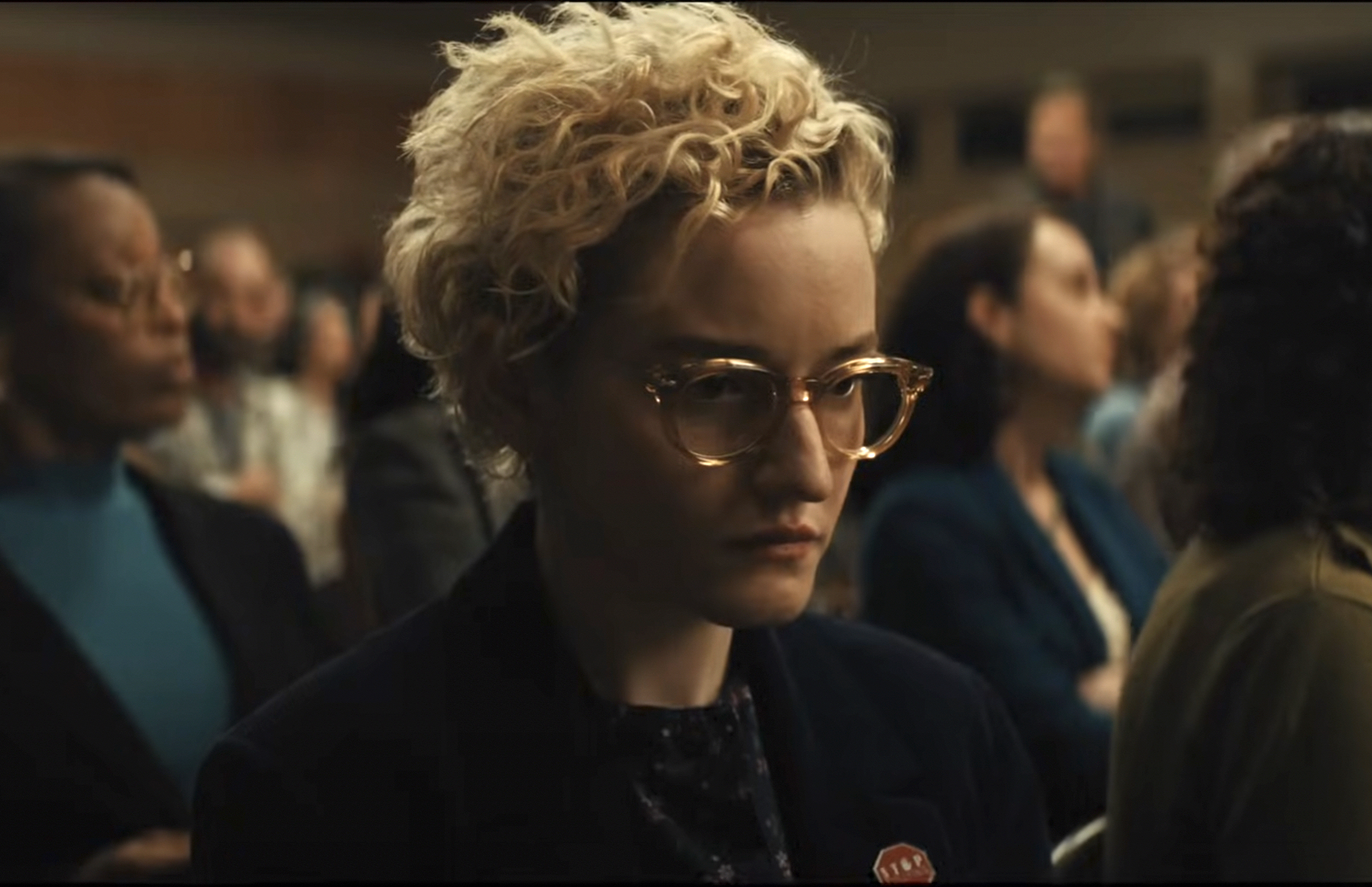Generative AI makes a lot of IndieWire readers mad. This week, we’re talking about it anyway.
The focus is Curious Refuge, a global AI filmmaking education hub that has ties to every major AI software creator, is paid to train studio film teams, and has students in more than 150 countries. It’s also a test case in how to cover a subject that’s moving so fast, and provoking such strong feelings, that skipping it isn’t an option.
I first met Curious Refuge CEO Caleb Ward inside the lobby of NuArt on Santa Monica Boulevard in March 2024, back when most people saw AI as a baby buzzword. The theater was packed for the premiere of “Our T2 Remake,” a crowdsourced satire of “Terminator 2: Judgment Day” stitched together from dozens of AI-generated scenes.
Our headline led with the news: This was not good movie. I also wrote that the event had an energy that recalled Sundance 1995, which it did. Readers were not pleased; Instagram response was voluminous, immediate, and blistering. (My favorites: “Narcwire” and “Fuck this shit off a cliff.”)
My opinion of “Our T2 Remake” remains unchanged, but it’s clear that assessing it only on artistic merits is a little like dismissing the Lumière Brothers’ 1896 “The Arrival of a Train at La Ciotat Station” as boring.
One of the “T2” filmmakers, Dave Clark, is now co-founder and Chief Creative Officer at generative AI studio Promise, with backing from Peter Chernin’s The North Road Company and Andreessen Horowitz partner Andrew Chen. And Curious Refuge, which Promise acquired about a year after that screening, represents a community of more than 50,000 AI filmmakers.
Ward launched Curious Refuge in May 2023 while still head of marketing at VFX school Rebelway and riding the viral wave of his AI Wes Anderson spoof “The Galactic Menagerie.” Two months later, he was all in on Curious Refuge. The first course saw nearly 500 students in 18 hours, selling so fast he had to shut down enrollment.
“AI filmmaking was a very new concept at that time, and it was very, very experimental,” he said. “It caught us off guard in the beginning, but we really felt like this is going to be the future of filmmaking. We started doing everything from meetups to competitions quickly.”

Today, Ward said, Curious Refuge has educated over 10,000 students from 172 countries. Its tutorial content on YouTube sees upward of 5 million views a year. The school hosts meetups around the world. A month-long course is $749; bundles get discounts. And, like any good AI-facing company, it’s lean. Between full-time and freelance, Curious Refuge has a staff of 14.
Ward, speaking with me over Zoom alongside his publicist, was eager to dispel the idea that AI film education is a threat. When we met at the NuArt, he said being online helped students protect their anonymity. Today, he avoids making that claim.
“I’d say while there was hesitancy maybe two years ago, the technology felt very confusing,” he said. “Now I think a lot of the tools are easier to use, and so it just appeals to a larger group of working professionals.”
Maybe. There’s also the utter ubiquity. He hosts a weekly web show dedicated to reviewing the latest generative AI tools; the most recent episode featured eight. “It is crazy that you can even have a weekly web show [to] talk about the new tools from the last seven days,” he said. (Current favorite: He ranks the just-launched Seedance over Google’s Veo 3.)
So where does this leave us? Like the name says, we’re IndieWire, but part of that is the Future of Filmmaking. We have a century of evidence that proves no one needs AI to make a movie; the filmmakers I know are far more vested in figuring out how to get their films produced and seen. However, it would be the height of delusion to believe that the 20th-century version of making movies and TV will remain preserved in amber.
I’d imagine “T2” was a stunt that won’t be attempted again. Not only has the point been made (and continues to be made, with Runway’s annual AI festival that’s coming to an IMAX near you), but for Ward it also delivers the wrong message. In our conversation, he leaned into the idea that AI isn’t intended as an all-or-nothing concept.
“These tools, we really feel empower artists as much as they want to be empowered through them,” he said. “If that is just in helping you to create storyboards in those early days to inform your physical production, great. If that means creating an entire AI film that wouldn’t have existed otherwise, great. The artist is in control, and we ultimately want to support the artist in whatever creative journey they want to go down.”
For now, AI in filmmaking remains a Rorschach test: Some see a tool, others a threat, and many a distraction from the already brutal work of getting movies made. Curious Refuge is betting that more filmmakers will see it as a skill worth having, even if they never intend to make an “AI film.”
What’s certain is that the technology isn’t going away and neither are the arguments. The Lumière brothers’ train has pulled into the station; whether you choose to board is up to you.
Then again, I asked Julian Sol Jordan, the 24-year-old filmmaker I profiled last week, for his take on AI. Verdict? “I still think it’s gross.”
✉️ Have an idea, compliment, or complaint?
dana@indiewire.com; (323) 435-7690.

Weekly recommendations for your career mindset, curated by IndieWire Senior Editor Christian Zilko.
Should you make a film if you can’t afford to pay everyone a competitive rate? Broussard’s Punk Rock Producing Substack offers a nuanced breakdown of the two contradictory viewpoints that most principled indie filmmakers hold: that artists deserve to be paid for their work, and that filmmaking shouldn’t be exclusively in the hands of corporations that can afford to pay people but are frequently creativity-averse.
An interesting article about film editors’ tendency to overcomplicate things is worth reading even if you never intend to have an iota of involvement in postproduction. It speaks to a larger principle of storytelling that can be applied to any department: simplifying is almost always the optimal move, and an over reliance on complex techniques often masks a misunderstanding of fundamentals.
Another great article pulling apart one of the tried-and-true indie film marketing techniques of yesteryear: the celebrity producer. Once a great way to get your film sold, the gimmick adds less and less value in today’s changing ecosystem.
For years, the no-budget film with improvised dialogue was a lodestar for aspiring filmmakers with indie dreams. But do we need any more of them? Writing for the Nothing Bogus Substack, Mata makes the case that filmmakers are better off perfecting their scripts (one of the only steps of the creative process that’s entirely free!) before they shoot a single frame.
If you’re making a low budget film but didn’t begin by finding a premise that can artistically justify the low budget, you’ve lost the battle before you really begun. It is possible — and as film-centric data scientist Stephen Follows explains, some film genres actually do better on lower budgets.



